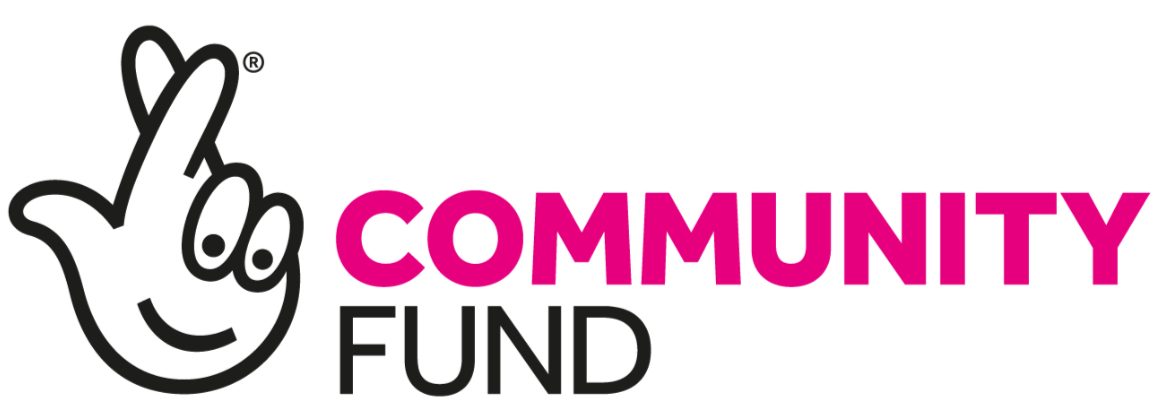February 22, 2024 | Laura Murphy
The cost of being female
Women have a double whammie when it comes to being female. as research about two major life events provides shocking news.
There’s been a lot in the news over the last couple of weeks relating to issues that are particular to women at work. Some of it is quite rightly shocking, others are bewildering.
First the campaigning charity Pregnant then Screwed reported that around half of eligible parents had notified the relevant authorities of their wish for childcare but had no idea if they would be offered a funded space. Of the 11,100 parents polled seven out of ten said their childcare costs had recently surged or were about to go up and 46% are going into debt as a result or raiding their savings. In addition to that, child care providers are saying that the free child care places scheme is not being funded adequately by central government and they either cannot afford to offer the scheme or are planning to close. The result is that parents are faced with reduced availability all around making it more difficult for mothers to go to work.
Then they reported that a third of parents are either going to give up their jobs (and it’s usually women) or reduce their hours because they can’t afford the new costs and their employer will not adjust their working conditions to help out. Not only is that a loss of a valuable, intelligent workforce but also a blow to women’s independence and self-esteem.
And why is it women who are giving up their jobs? It’s clearly much more difficult for single parents but for couples, child care costs are a joint family expenditure and the responsibility for this shouldn’t just be on the women. How many men we wonder consider reducing their hours or changing occupations in order to share the burden.
That’s at one end of the scale. Now let’s look at the other end as child care is a long distant memory and women reach another phase of their lives, the menopause.
The Equality and Human Rights Commission (EHRC) has issued guidance to employers the menopause symptoms can be considered to be a disability. If ‘reasonable adjustments’ are not made, then the employers can be sued for discrimination. I’m torn on this. It’d good that employers are being given guidance, after all according to the Fawcett Society one in ten women had to leave their jobs because employers weren’t supporting them during the menopause. Women are embarrassed to talk about their symptoms and ask for help because of the workplace culture. But why should a natural hormonal transition that affects half of the workforce be considered a disability? Shouldn’t every good employer, recognising their duty of care to their workforce, be sympathetic to any change in a person’s circumstances and make ‘reasonable adjustments’ so they can manage those changes and still contribute positively?
As women we’re handed then a double whammie. We’re shouldering the cost of child care at one end of the scale, and shouldering the cost of menopause at the other end of the scale.
What’s your view? Have you got a story to tell? Let us know by commenting on the blog of emailing info@wayfinderwoman.com
Share this article









